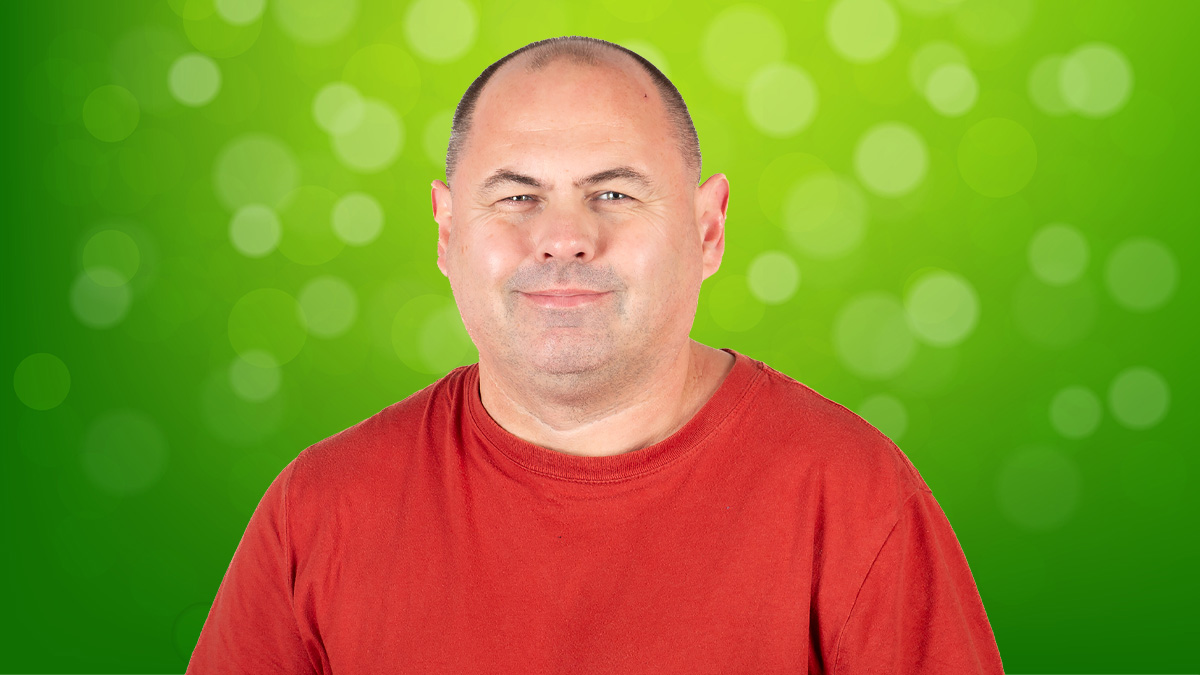Dr Michelle Oyen is a Reader in bioengineering at the University of Cambridge. Dr Oyen explains how materials science can be put to use in medicine where there’s a need to create surgical implants and new tissues. We hear about measuring the properties of bone and ‘hydrogels’. We discuss engineering in general and the uptake of engineering by girls.
- Direct link to the Dr Michelle Oyen interview on engineering
- Dr Michelle Oyen’s Research: www.oyenlab.org
- Video 3-D printing a human jaw at the Royal Society Summer Science Exhibition
SCIENCE NEWS
A new invention: a one-way sound machine allows you to hear without being heard! Hoping for its use in isolating noise from a motorway, we explain how this ‘acoustic circulator’ works. To learn more see the research page of Professor Andrea Alù
PODCASTS
Pick up our podcasts on iTunes. Our next live show on Cambridge 105 will be in two weeks on Saturday 22nd February at 3:30pm
WHAT’S ON IN CAMBRIDGE
Wednesday 19th February
- There’s an evening of family events in museums across Cambridge from 4.30pm — 8.30pm. At The Polar Museum there are the sights and sounds of ice, while at the Botanic Gardens there’s by torchlight trip through the Glasshouses. And there’s more happening at your favourite Museum in town.
- ‘Lighting the Future.: Next Generation LED Lighting‘. Lighting uses 20% of all electricity but we could half that using gallium nitride LED lighting and save £2 billion a year in electricity. Professor Sir Colin Humphreys’ Cambridge group have developed a less costly way to make LED lamps and the electronics, company Plessey, is already manufacturing the new LED’s in Devon, England. Wednesday 19 February 9pm at Pembroke College
Monday 17th February
- Dr. Helen Mason gives a talk called ‘Our Active Sun’. Thanks to Solar space observatories we know how the sun’s activity has been changing. Dr Mason will review what we know about active regions in the sun, and how they affect our environment. 8:30PM at the Centre for Mathematical Sciences.
Friday 14th February
- Community Energy Forum run by Transition Cambridge. They say that the electricity market is dominated by big energy companies. And while big companies do invest in renewable energy, one idea is that a local community could own and run a renewable energy scheme. They would even get a reasonable return on the investment. In Germany, for example, most renewable energy schemes are owned by individuals or communities. The question is whether we should pursue this in Cambridge? The Community Energy Forum is from 7:30pm. There will be speakers from some existing projects to build the case for a community energy project. Details
Thursday 13th February
- A talk “A brief history of fungi on plants”. Ali Ashby, from Cambridge University Department of Plant Sciences, will address what is currently known about the co-evolution of plants and fungi, how this facilitated the development of key fungal plant associations, such as the partnership of plants with mycorrhizas and how these associations influence the modern world and could ultimately impact on our future. She will discuss the link between fungi and both the evolution of Orchids and the depletion of the carboniferous coal deposits and why fungi ruled the Earth following the two great extinction events. From 19:30-21:00 At Lord Ashcroft Building (LAB 027), Anglia Ruskin University, Cambridge.
Wednesday 12th February
- Tunnelling under London – Keeping Big Ben Upright. Professor Robert Mair says that congestion is a problem in many cities, so the development of underground transport is essential for our future cities. How can tunnels be built in ground sometimes as soft as toothpaste? The talk will describe the latest underground construction techniques. Time 21:00-22:00. In the Nihon Room, Pembroke College
- From the 12th to the 23rd February 2014 you can see the city in a brand new light during Cambridge’s 2014 “e-Luminate Festival”. They’ll be projecting light on the city’s architecture and showing off the latest technology.
Subscribe RSS
